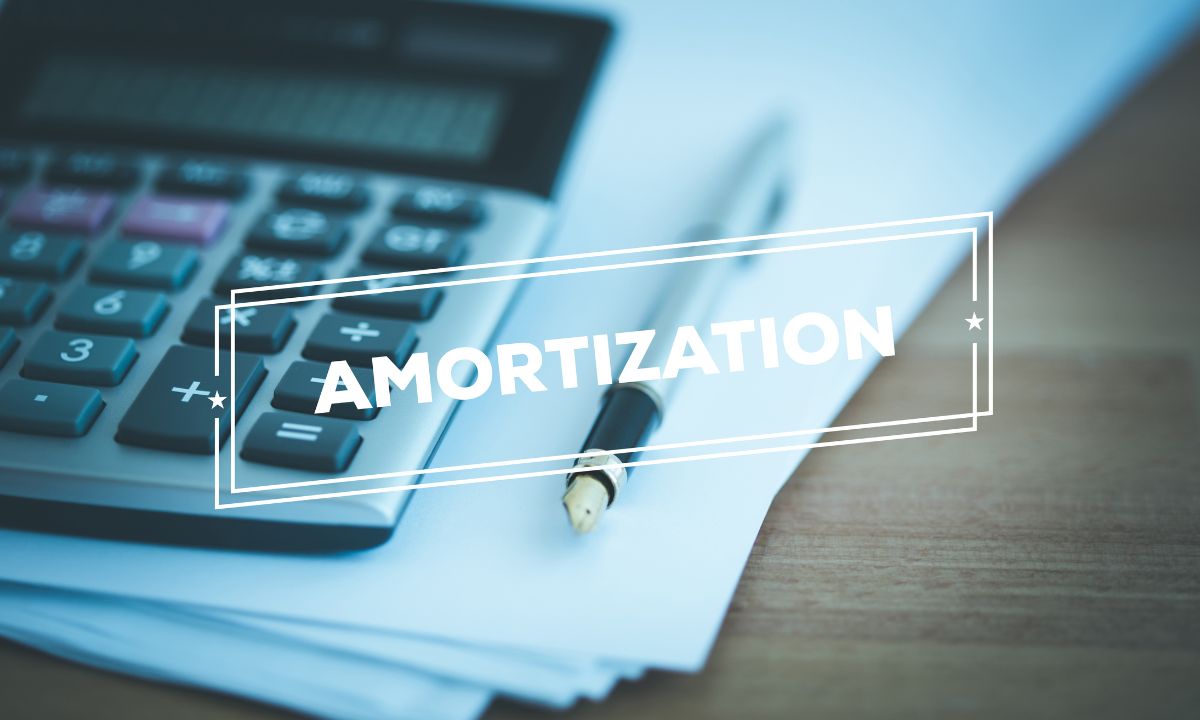Fixed vs. Graduated vs. Interest-Only Mortgage Amortization
 When selecting a mortgage, one of the most critical decisions is choosing the right amortization schedule. This choice significantly impacts your monthly payments and the total interest you’ll pay over the life of the loan. Here, we’ll compare three common amortization options: fixed, graduated, and interest-only.
When selecting a mortgage, one of the most critical decisions is choosing the right amortization schedule. This choice significantly impacts your monthly payments and the total interest you’ll pay over the life of the loan. Here, we’ll compare three common amortization options: fixed, graduated, and interest-only.
Fixed Amortization
A fixed amortization mortgage offers predictable monthly payments that remain constant throughout the loan term. This stability makes budgeting easier and provides peace of mind, knowing your payment won’t increase unexpectedly. Fixed amortization is ideal for those who plan to stay in their home long-term and prefer a straightforward, predictable payment schedule.
Pros:
- Consistent monthly payments
- Easier budgeting
- Lower overall interest costs compared to graduated or interest-only options
Cons:
- Higher initial monthly payments compared to graduated or interest-only loans
Graduated Amortization
Graduated amortization mortgages start with lower monthly payments that gradually increase over time. This structure can be beneficial for individuals expecting their income to rise in the future. It allows you to start with manageable payments that grow as your financial situation improves.
Pros:
- Lower initial monthly payments
- Payments increase as income potentially increases
- Can make homeownership more accessible for those early in their careers
Cons:
- Higher total interest costs over the life of the loan
- Payments can become challenging if income growth doesn’t meet expectations
Interest-Only Amortization
Interest-only mortgages allow borrowers to pay only the interest for a specific period, typically 5-10 years, after which they begin paying both principal and interest. This option is attractive for those who want the lowest possible initial monthly payments or who plan to sell or refinance before the interest-only period ends.
Pros:
- Lowest initial monthly payments
- Frees up cash flow for other investments or expenses
- Can be beneficial for short-term ownership or investment properties
Cons:
- No principal reduction during the interest-only period
- Significant payment increase after the interest-only period
- Higher overall interest costs if the loan is held long-term
Making the Right Choice
Choosing the right amortization schedule depends on your financial situation, long-term goals, and risk tolerance. A fixed amortization mortgage offers stability and lower overall interest costs, making it ideal for long-term homeowners. Graduated amortization provides initial affordability with increasing payments, suitable for those expecting future income growth. Interest-only loans offer the lowest initial payments but come with the risk of higher payments later.
Before deciding, give me a call to evaluate which option aligns best with your financial strategy and homeownership goals.
Categories
- Around The Home
- Awards
- Bankruptcy History
- Budget
- Chapter 7 Bankruptcy
- Construction Loan
- Credit
- Credit Scoring
- Environmental Awareness
- Escrow Tips
- Fair Housing
- Federal Reserve
- FHFA
- Financial Crisis
- Financial Fraud
- Financial Reports
- Foreclosure
- Holiday Tips
- Holidays
- Home Building Tips
- Home Buyer Tips
- Home Buying Tips
- Home Care
- Home Care Tips
- Home Decorating
- Home Financing Tips
- Home Maintenance
- Home Mortgage
- Home Mortgage
- Home Mortgage Tips
- Home Mortgages
- Home Seller Tips
- Home Selling Tips
- Home Tips
- Home Values
- Home Values
- Homebuyer Tips
- Homeowner Tips
- Housing Analysis
- Housing Market
- Investment Properties
- Market Outlook
- Mortagage Tips
- Mortgage
- Mortgage Application
- Mortgage Guidelines
- Mortgage Rates
- Mortgage Tips
- mortgage-rates-whats-ahead-september-17-2012
- Organization Tips
- Personal Development
- Personal Finance
- Rankings
- Real Estate
- Real Estate Definitions
- Real Estate Tips
- Real Estate Trends
- Selling Your Home
- Student Loans
- Tax Debts
- Taxes
- The Economy
- Travel
- Uncategorized